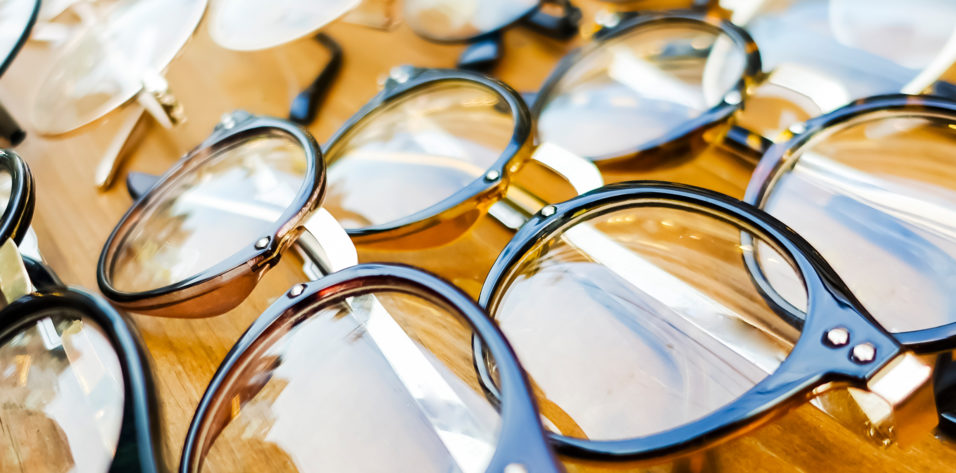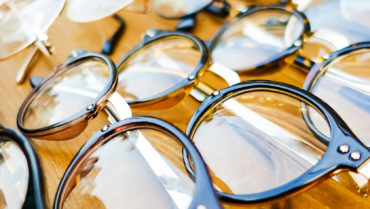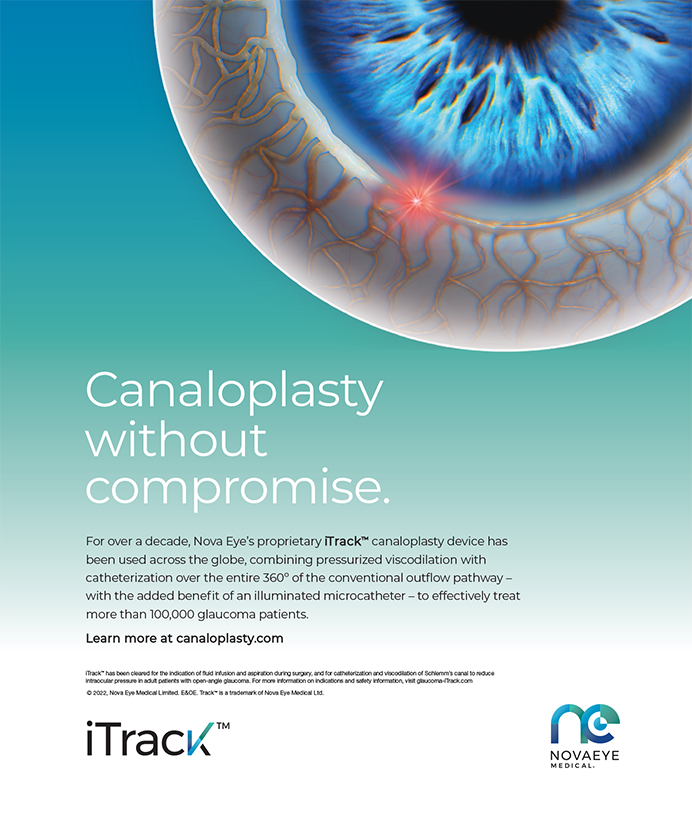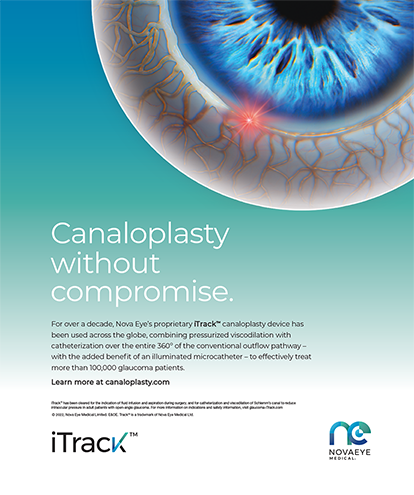
Cuts in Medicare reimbursement for cataract surgery have encouraged ophthalmologists to seek ancillary revenue streams. Bringing an optical dispensary into one’s practice is one way to diversify income. Although only a small percentage of ophthalmic surgery practices have embraced this strategy, it has been enough to instill fear among some private optometrists who consider the sale of frames and contact lenses to be their bread and butter. Meanwhile, some ophthalmologists worry that optometrists who have an optical dispensary in their practice may be less inclined to refer patients to ophthalmic surgical practices that also have an optical dispensary. This concern is based on the supposition that optometrists will lose postcataract eyeglass sales and possibly even patients, who may not return to the fold after their surgery.
AUTHOR’S EXPERIENCE
In my experience, there is little cause for concern. None of the colleagues I recently questioned in an informal anecdotal survey would consider not referring a patient to a surgical practice just because it had an optical shop. When we refer a patient for surgery, we are factoring in the surgeon’s skills, demeanor, and outcomes. The decision is much more about the personal and professional relationship we have built with the surgeon than it is about whether there will be some inadvertent enticement for the surgical practice to retain the patient.
AT A GLANCE
• Bringing an optical dispensary into an ophthalmic practice is one way to diversify income.
• Some ophthalmologists worry that optometrists who have an optical dispensary in their practice may be less inclined to refer patients to ophthalmic surgical practices that also have an optical dispensary.
• In the author’s experience, these fears are unfounded. Having an optical dispensary does not detract from obtaining referrals, because most patients return to their original provider for glasses.
At the last practice with which I was affiliated (a 10-physician, three-optometrist, four-location medical practice), patients would frequently take their prescriptions back to their original optometrist to fill after cataract surgery. Yes, some patients would buy their glasses at our in-house optical shop rather than returning to their optometrist, but they were generally the exception.
Now that I am in a private practice in a much smaller, rural location, I see prescriptions from my previous urban practice coming to us for eyeglasses, even if the patient has never been to our office before.
PATIENTS’ MOTIVATION
Often, patients feel comfortable staying local, especially if they have to come back for adjustments, parts, or a change in lenses. Location and familiarity with providers and staff almost universally take precedence for the patient. Insurance also plays a major role in the patient’s decision. Most ophthalmic surgical practices do not accept vision insurance, whereas private ODs or small group OD practices do.
Proximity of the referral group plays a role in this dynamic as well. For instance, in a rural area, ODs will refer patients to the most conveniently located ophthalmic practice, whether or not there is an optical shop. On the other hand, in an urban area where there may be more options, such as a large surgical center as well as a solo ophthalmic surgeon practice nearby, an optometrist may want to help out the solo practitioner by referring surgical patients. If the large practice has an optical shop but the solo practice does not, it is certainly possible that the distinction could influence an optometrist’s referral choice.
CONCLUSION
Ultimately, I find that having an optical dispensary in a referral surgical center does not detract from obtaining referrals, and usually, patients return to their original provider for glasses. In my experience, the OD/MD referral relationship is really more about which surgeon is going to make the patient happy and provide the best visual outcome. I cannot imagine not referring a patient to a good surgeon just because he or she has an optical shop. Having a personal relationship with ophthalmologists and knowing their surgical skills and bedside manner as well as what is ultimately best for the patient far outweigh any money that may be lost to the sale of glasses.




